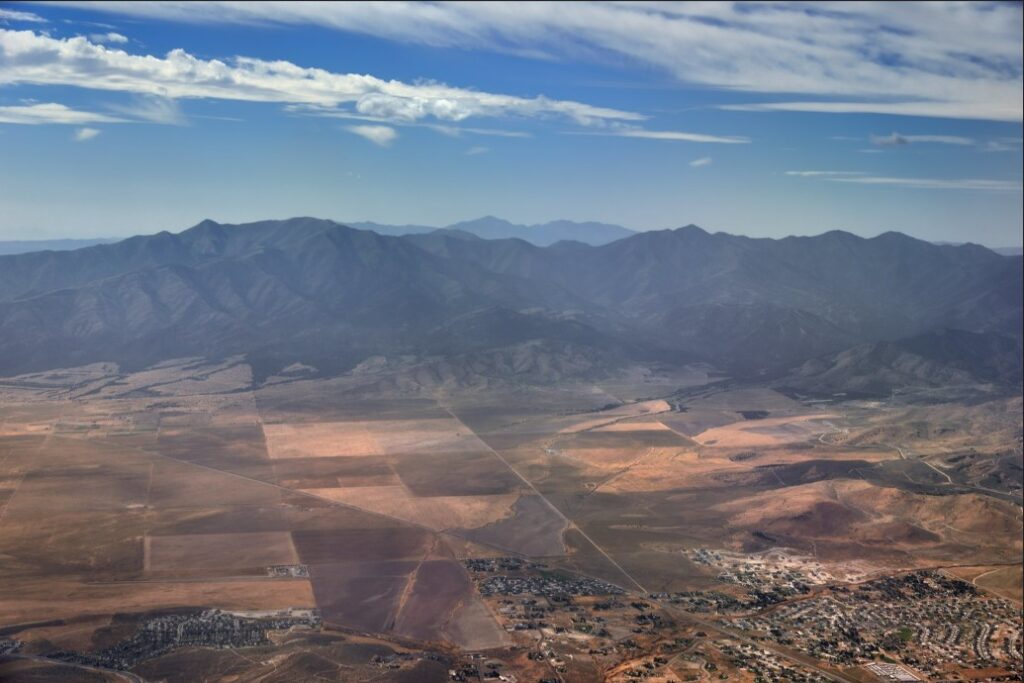Conservation

The West Travers Sentinel Landscape (WTSL) promotes land management partnerships that mutually benefit our local communities by mitigating climate change impacts, providing recreation, erosion control, wildfire mitigation, and preserving wildlife habitats.
Wildlife Habitat

Our project goals include wildfire mitigation, wildlife habitat preservation, erosion control, and to mitigate the impacts of climate change. We pursue natural firebreaks that reduce the risk of hazardous wildfire starts and alleviate spreading. We promote the expansion of hydric vegetation that can stabilize soils, reducing sediment loading, and filter contaminants. Actions to support these goals include juniper thinning, shrub planting, seeding, BDA construction, and promoting riparian plant growth.
Mule Deer are a key example of the species that inhabit this area. Thousands of deer rely on the Western Traverse Range for critical migration corridors, breeding grounds and winter range sustainment from year to year. We seek to improve and restore degraded mule deer habitat and mitigate losses due to natural and human impacts.

Agriculture
We proudly support Utah’s agricultural community. Our partners provide both financial and technical assistance to help our farmers, ranchers, and forest landowners within the sentinel landscape to conserve natural resources and find solutions to unique conservation challenges on agricultural land. The Regional Conservation Partnership Program (RCPP) is currently accepting applications from eligible Utah County landowners.
Open Space & Recreation
Former farmland and open hillsides are quickly transforming into entirely new towns with precious little open space left. With our community partners, we strive to plan ahead to protect open spaces, reduce land-use competition, and promote public recreation. One of the partnership’s goals is to connect SLCo Yellow Fork Canyon Trails with Herriman City’s trail system on South Mountain.